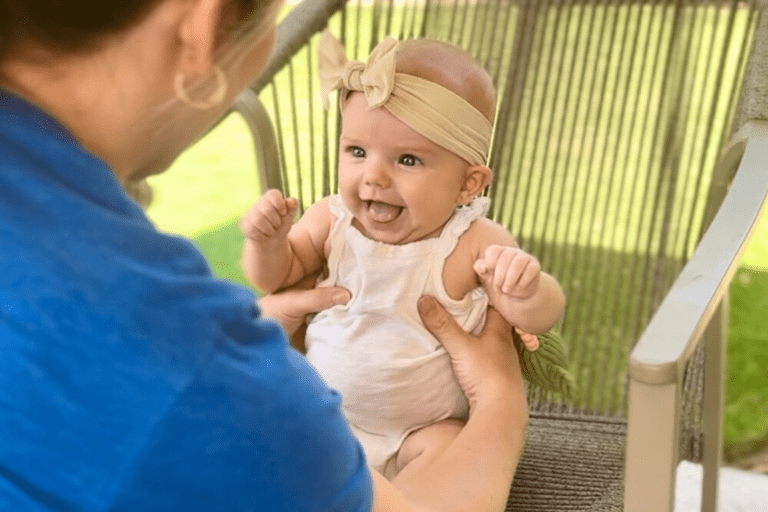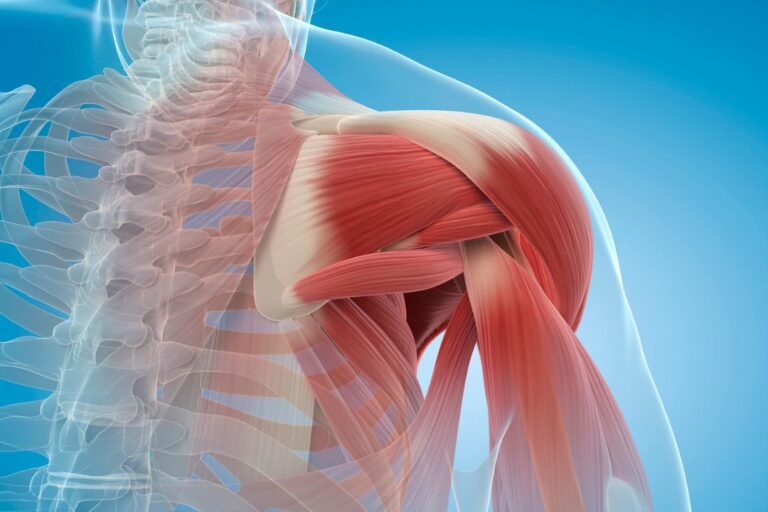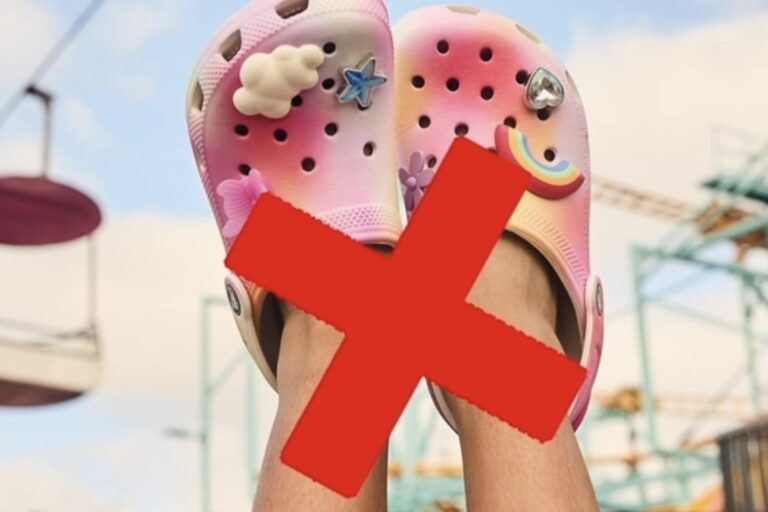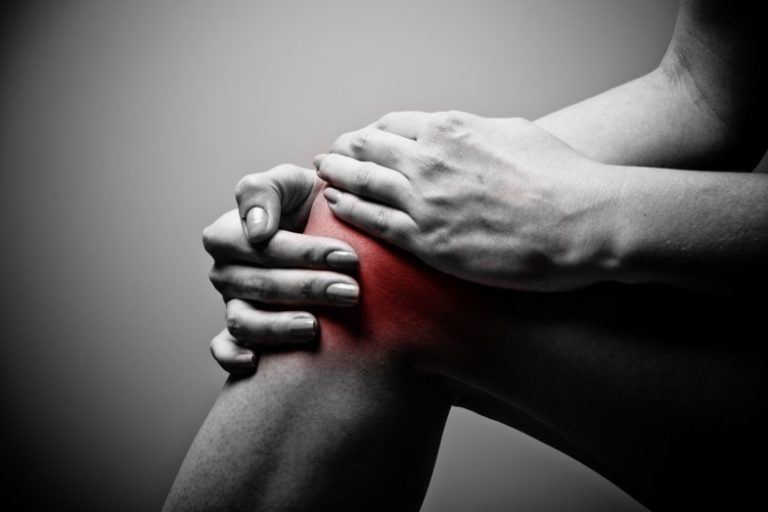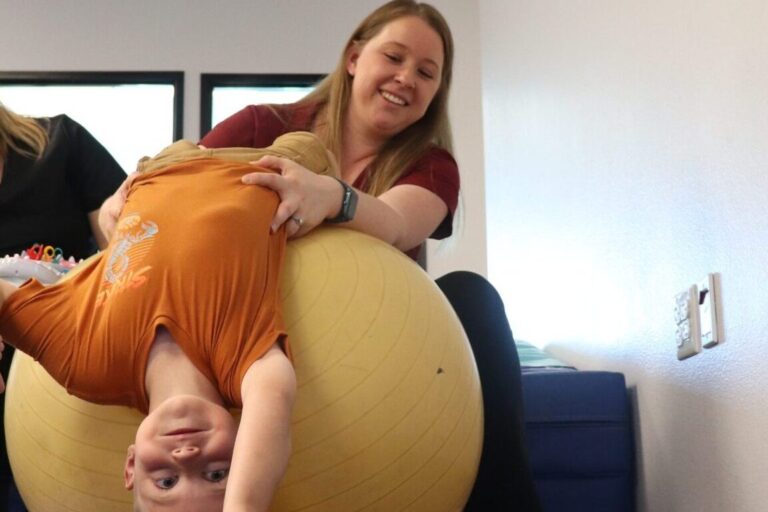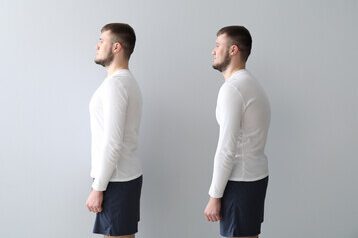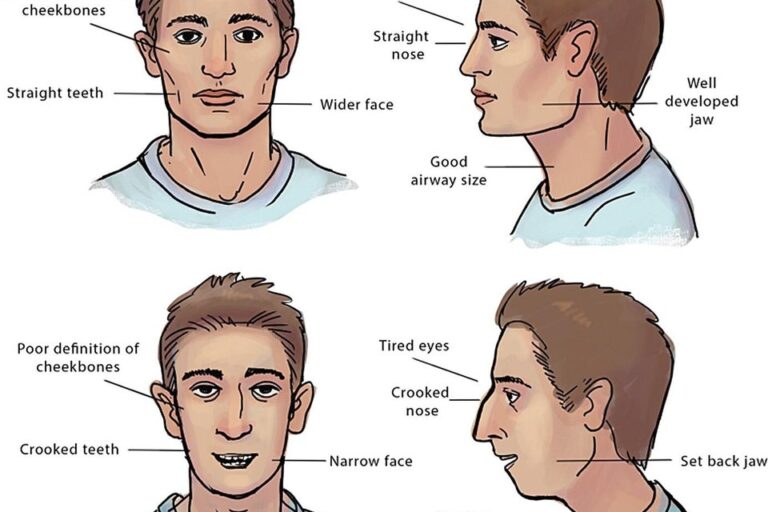Why Crawling Matters: The Foundation for Your Child’s Development
The Importance of Crawling Crawling on hands and knees is a major milestone in your baby’s life. It is the first time they get to explore on their own, which is a huge stepping stone for future milestones to come. Typically, babies may start to crawl between seven and ten months of age, but it…


